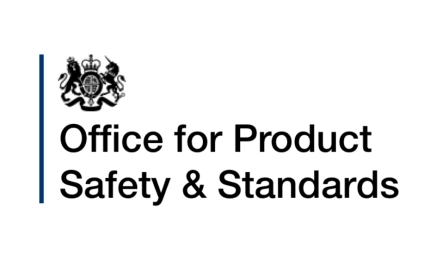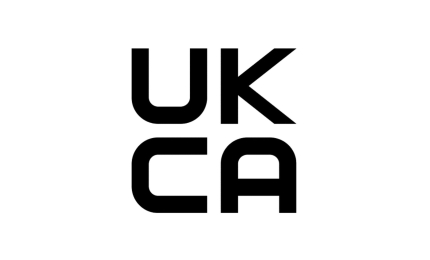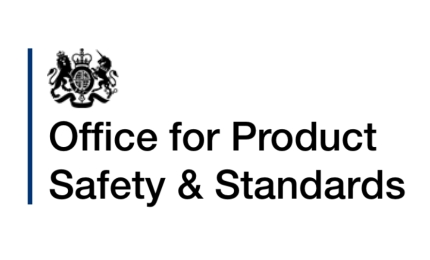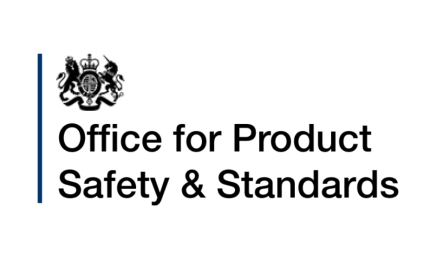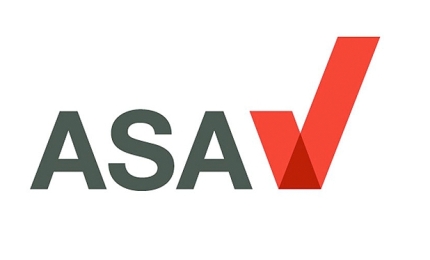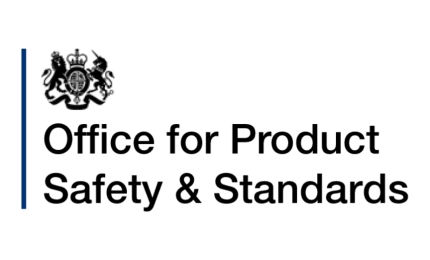Find us on...
On 27 February 2020, the UK Government published its negotiation mandates for the future relationship with the EU. Below is a short summary.
- The UK Government will not agree to any obligations for UK laws to be aligned with the EU, or for the EU institutions, including the European Court of Justice, to have any jurisdiction in the UK.
- A Free Trade Agreement (FTA) should be at the core of the future relationship, which itself should be on the lines of the FTAs already agreed by the EU in recent years with Canada (the EU-Canada Comprehensive Economic and Trade Agreement – CETA) and with other friendly countries.
- If it is not possible to negotiate a satisfactory outcome, then the trading relationship with the EU will continue as outlined in the Withdrawal Agreement and under World Trade Organisation (WTO) rules.
- The UK Government has stated that it will not extend the transition period provided for in the Withdrawal Agreement. The UK is planning to prepare the broad outline of an agreement to be clear by June and capable of being rapidly finalised by September. If, by June, that does not appear to be the case, the UK Government will need to decide whether to focus solely on continuing domestic preparations to exit the transition period.
- The FTA should promote trade in goods by addressing regulatory barriers to trade between the UK and EU, while preserving each party’s right to regulate, as is standard in free trade agreements. The FTA should build upon the WTO Technical Barriers to Trade (TBT) Agreement, in line with recent FTAs the EU stipulated with Canada or Japan as examples.
- An Annex on chemicals is included in the negotiations mandates and it aims to facilitate trade in chemical substances and related products to ensure high levels of protection for the environment and human and animal health. This section could provide for cooperation between UK and EU authorities, including on implementing the Global Harmonised System (GHS) of Classification and Labelling of Chemicals. In order to ensure high levels of protection and to support UK and EU businesses to meet the separate regulatory requirements of the two markets, the parties could agree data and information sharing mechanisms, in line with the relevant provisions set out in UK and EU regulation and existing third-country mechanisms. This annex should also include a commitment to develop a Memorandum Of Understanding (MOU) to enhance cooperation further, similar to the MOUs that the European Chemicals Agency has agreed with Australia and Canada.
For the full CTPA advice on Brexit, please visit the CTPA Brexit Advice page.

